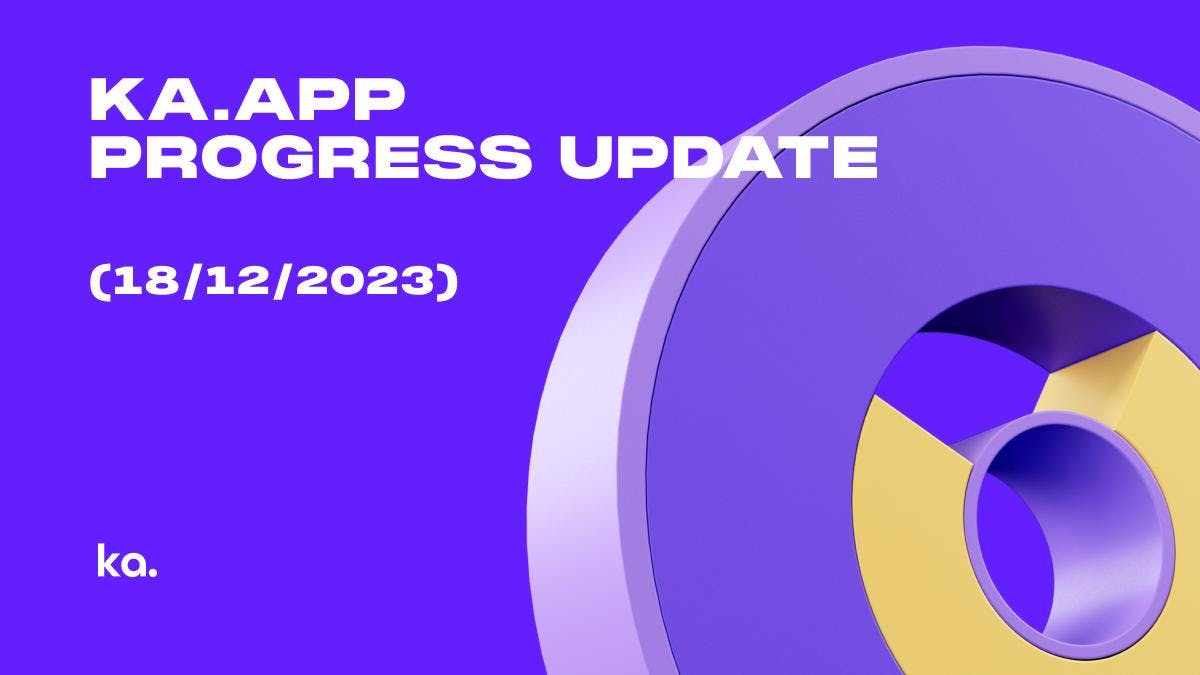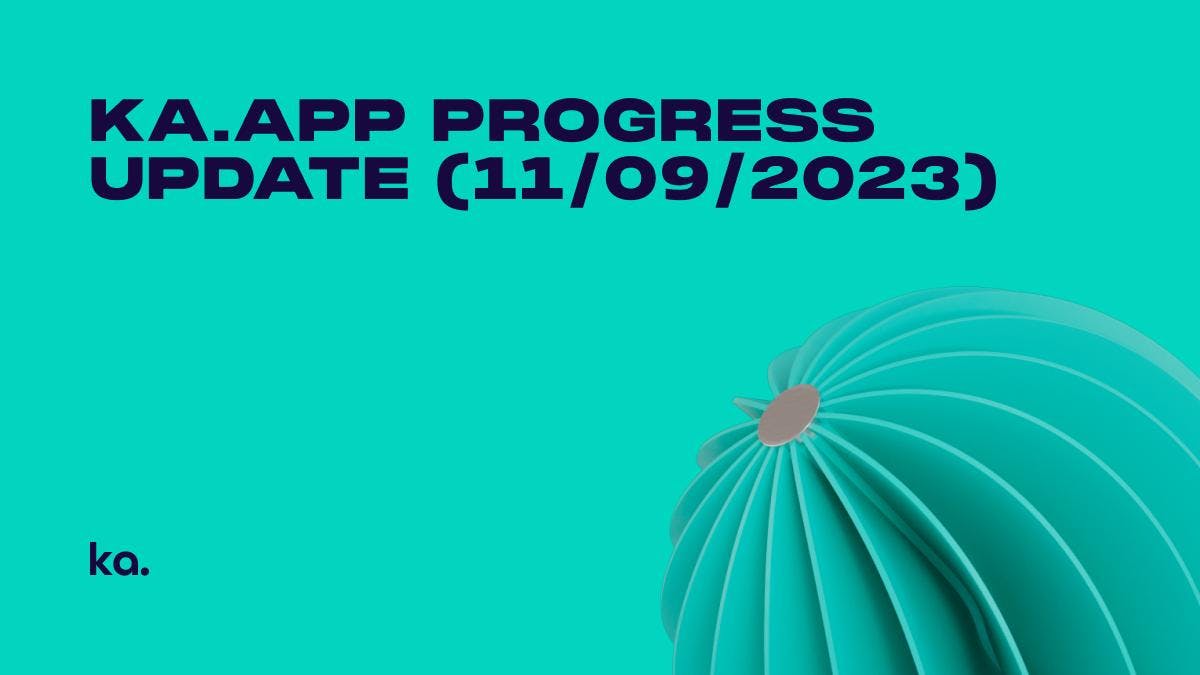As crypto adoptions grow and more tokens enter the market, your options for safely storing your digital assets are expanding, too. However, with all the options available, deciding which crypto wallet to use can feel overwhelming, especially if you’re new to the space.
If this sounds like you, don’t worry. This guide breaks down different types of crypto wallets to help you decide which type suits your needs best.
What Is a Crypto Wallet?
A crypto wallet is a platform that allows you to store, manage, and transact using your cryptocurrencies. Think of it as a digital version of a physical wallet, but instead of holding cash or cards, it stores your private keys—the secure codes that let you access and manage your cryptocurrencies on the blockchain. (If you’re using a custodial wallet though, the provider holds the private keys for you.)
Without your private keys, you can't access your crypto, so securing them is incredibly important.
The Different Types of Crypto Wallets
Crypto wallets come in many forms, each offering unique benefits and levels of security.
Hot Wallets vs. Cold Wallets: The Basics
Before we get into the details of each type of wallet, it's important to understand two primary categories: hot wallets and cold wallets. Understanding this distinction helps you decide what balance of security and convenience you need in a wallet.
1. Hot Wallets
Hot wallets are connected to the internet, making them ideal for quick transactions. They are easy to set up and are often free, but because they’re online, they can be more vulnerable to hacks.
2. Cold Wallets
On the other hand, xold wallets are not connected to the internet, making them far more secure for long-term storage of crypto assets. They’re less convenient for frequent transactions, but for security, they’re tough to beat.
Custodial Wallets: If Convenience Is a Priority
Custodial wallets are wallets where a third party, such as Ka.app, holds your private keys for you. This is a common setup for beginners who prioritize convenience over complete control. One of the best things about a custodial wallet is it’s easy to set up and use, and they have customer support that can assist you in case you have questions or concerns with your transactions.
Non-Custodial Wallets: You’re in Control
Non-custodial wallets put the control of private keys entirely in your hands. This type of wallet is ideal for crypto enthusiasts who value independence and want to take responsibility for their security. However, if you lose your keys, no one can help recover your funds. Examples of non-custodial wallets include MetaMask and Atomic Wallet.
Software Wallets: The Go-To for New Users
Software wallets are digital applications that you install on your computer or smartphone. They’re very popular because they’re easy to set up and use, especially if you’re just starting out in crypto. There are three main types of software wallets:
1. Desktop Wallets
A desktop wallet is an app that you install directly on your computer. These wallets give you full control over your private keys, meaning only you have access to your funds. They often have a user-friendly interface for beginners and are generally more secure than online wallets.
2. Mobile Wallets
Crypto mobile wallets work just like desktop wallets but are designed for smartphones. This makes them highly convenient for daily transactions, as you can pay on the go by simply scanning a QR code. They’re extremely convenient for frequent transactions.
3. Web Wallets
Web wallets, also known as online wallets, are accessed via a web browser. These wallets are convenient because you can log in from any device with internet access.
Hardware Wallets: The Choice for Serious Security
If you’re looking to store a large amount of crypto safely, hardware wallets are an excellent option. These wallets are physical devices, usually the size of a USB stick, that securely store your private keys offline, and most of them come with a backup feature for recovery. Ledger and Trezor are well-known brands for hardware wallets.
Paper Wallets: The Old School Solution
A paper wallet is a printed sheet of paper with your private and public keys on it. Paper wallets were popular in the early days of crypto but have fallen out of favor as more secure options emerged.
To create a paper wallet, you’ll generate a wallet address and private key offline, then print it out. As long as this paper is kept safe, it’s nearly impossible to hack. However, if you lose the paper or it’s damaged, you lose access to your crypto forever.
Multi-Signature Wallets: Enhanced Security for Shared Accounts
A multi-signature (or “multi-sig”) wallet is a wallet that requires more than one key to authorize a transaction. It’s like a joint account where multiple approvals are needed, making it ideal for business transactions or shared crypto accounts.
For example, a 2-of-3 multi-sig wallet might require two out of three keyholders to approve any transaction. The pro of this is increased security for shared or organizational accounts and reduced risk of funds being compromised if one key is lost or stolen.
Which Crypto Wallet Should You Choose?
Your choice of wallet ultimately depends on your needs, security preferences, and how you plan to use your crypto. Here are some recommendations based on common scenarios:
- For Beginners: Custodial wallets like Ka.app are easy to set up, often quick transactions, while providing a good level of security.
- For Frequent Transactions: Mobile or web wallets are convenient for daily use, though they may be less secure than cold storage options.
- For Long-Term Storage: Hardware wallets are ideal for securely holding assets you don’t plan to access frequently.
- For Maximum Security: A cold wallet, like a hardware or paper wallet, ensures your assets stay offline and safe from most cyber-attacks.
Remember, no single wallet is “best” for everyone—it’s all about finding the one that aligns with your needs, goals, and comfort level with security. Whether you’re looking to dive into crypto trading or simply want a secure place to store your assets, there’s a wallet designed to meet your specific requirements. By understanding the different types of crypto wallets explained in this guide, you’re already one step closer to making informed decisions that keep your crypto safe.
FAQs
Which wallet is best for crypto?
The best crypto wallet for you depends on your specific needs and goals. If you’re trading frequently or new to crypto, a hot wallet like a mobile or web wallet might be your best choice. These wallets are connected to the internet, making them convenient for quick transactions.
If security is your top priority and you’re holding crypto long-term, a cold wallet, such as a hardware wallet like Ledger or Trezor, is a better choice. These wallets keep your private keys offline, offering superior protection from hacks.
For everyday users who need a balance of convenience and security, wallets like Ka.app stand out because they combine user-friendliness with strong safety measures, making them an ideal choice for all levels of crypto enthusiasts.
Why choose Ka.app as my crypto wallet?
Ka.app is more than just a wallet. It’s a complete platform designed to make cryptocurrency simple, secure, and practical for everyday use. Here’s why Ka.app stands out:
- User-Friendly Design: Whether you’re new to crypto or a seasoned investor, Ka.app’s intuitive interface makes managing your crypto effortless.
- All-in-One Solution: With Ka.app, you can buy, sell, send, receive, and convert crypto easily. It also supports euro (EUR) payments, IBAN accounts, and has its own crypto debit card for real-world spending.
- Strong Security: Your funds are protected with top-tier encryption and secure account management features, so you can trust that your crypto is safe.
- Refer a Friend Rewards: Ka.app offers incentives for users who bring others on board, making it easy to share the platform while earning rewards.
- 24/7 Accessibility: Manage your crypto anytime, anywhere, right from your phone or desktop.
- And more!
Sign up for an account today.
How many crypto wallets should I have?
The number of wallets you need depends on your crypto usage. If you’re just starting out, a single wallet like Ka.app is usually enough to manage your crypto. For added security, many people use one hot wallet for daily transactions and one cold wallet (like Ledger) for long-term storage. Meanwhile, advanced users or businesses might need multiple wallets to organize different types of assets or for specific purposes, like trading, staking, or holding non-fungible tokens (NFTs).
In general, it’s good practice to have at least two wallets: one for convenience and one for secure storage. Diversifying your storage helps reduce risk.
What wallets support Bitcoin?
Bitcoin is the most widely supported cryptocurrency, so almost all wallets can store it. Ka.app is a Bitcoin web wallet supports other major cryptocurrencies as well, offering seamless integration with fiat services and real-world spending.







